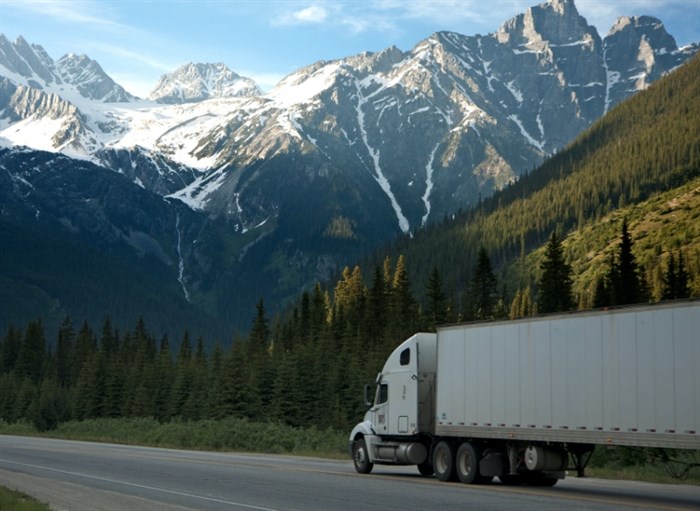
Image Credit: Pexels.com
May 06, 2022 - 5:30 PM
Rising diesel prices mean the cost of groceries, electronics and nearly everything else you buy are going up.
British Columbians are familiar with rising fuel costs at the pump over the last year, but the cost of diesel is even higher, translating to more expensive freight costs.
"Everything around you came on a truck for at least part of its journey," B.C. Trucking Association president Dave Earle said, adding that a fuel charge is added on the price tag of all those goods.
At any given time, there are around 75,000 to 85,000 commercial trucks hauling goods in B.C., Earle said, and all of them need fuel, with some taking more than 650 litres.
For the average trucking company in B.C., fuel often makes up around 30% of costs, but it can be as high as 50% depending on the company and what it's hauling, Earle said.
READ MORE: Kamloops Costco cheapest gas in B.C., but don't expect it to last
"The price at the pump for diesel was about $1.40 last year. Today it's about $2.20, $2.30," he said. "All of it gets passed on to you and me."
Fuel prices across the country are going up, and there's several reasons for that. Some market pressures include post-pandemic demand from people ready to get back on the road or hop on planes, while the international oil markets are being hit by Russia's invasion of Ukraine.
B.C.'s fuel prices have hovered between $1.80 to $2 per litre since March, and while higher in the Lower Mainland, the Thompson-Okanagan area is not far behind.
For much of the province, diesel is even higher with drivers paying around 20 cents more per litre than gasoline in Kamloops and the Okanagan, according to Gasbuddy.com.
En-Pro International chief petroleum analyst, Roger McKnight, hasn't seen a disparity between gasoline and diesel prices like today in 30 years of work in the industry.
READ MORE: Huge jump in help wanted ads in Central Okanagan
"For the transportation industry, the average fill up for a truck was $650 dollars. Now it will be up to $1,300," he said.
In Vancouver, the wholesale cost of diesel is 15 cents higher than gasoline, but it's an even greater spread looking further east. It's 21 cents higher in Calgary, 36 cents in Toronto, 47 cents in Montreal and 54 cents in the Maritime provinces, as of May 6.
Demand for fuels is higher than oil companies can keep up with, McKnight said, which is inflating the cost all the way to the pumps.
READ MORE: Former nursing home employees revolt against Westbank First Nation over severance
All of this affects the cost of everything that a truck can carry, Earle said, which does vary depending on the load. For example, a load of $3 million worth of electronics will be impacted less than $30,000 of groceries.
Neither could say if, or when, prices may drop but consumers should expect these prices to affect their pocketbook.
"It's going to take us awhile to find the balance point," Earle said.
To contact a reporter for this story, email Levi Landry or call 250-819-3723 or email the editor. You can also submit photos, videos or news tips to the newsroom and be entered to win a monthly prize draw.
We welcome your comments and opinions on our stories but play nice. We won't censor or delete comments unless they contain off-topic statements or links, unnecessary vulgarity, false facts, spam or obviously fake profiles. If you have any concerns about what you see in comments, email the editor in the link above.
News from © iNFOnews, 2022